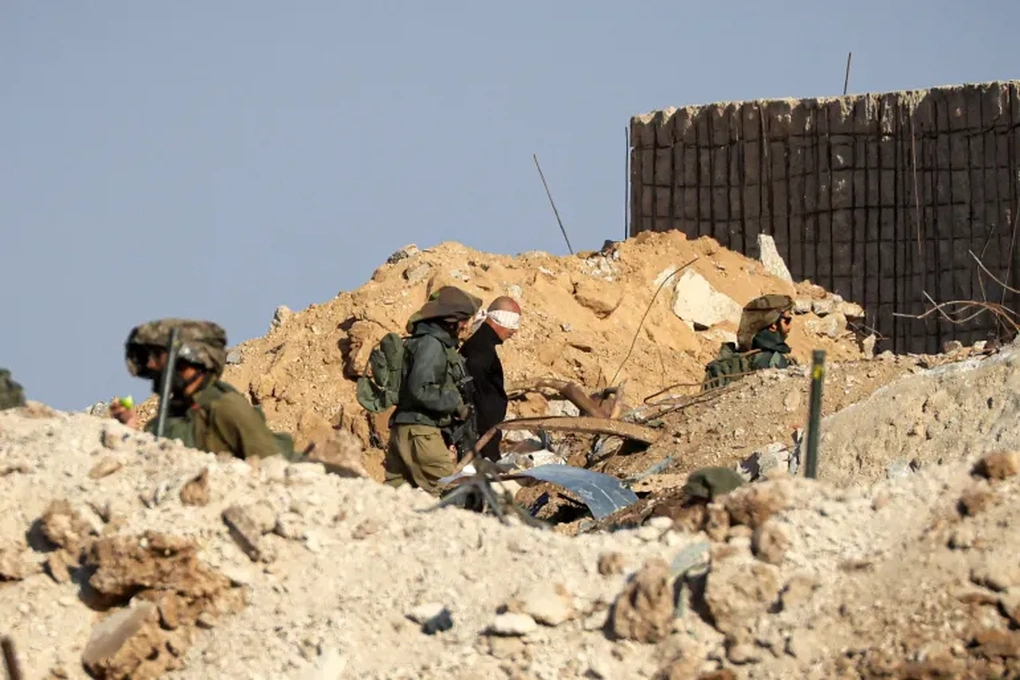
Israeli soldiers arrest a blindfolded Palestinian man in a military truck in the Zeitoun district of the southern Gaza Strip on November 19 (Photo: AFP).
For Aseel Al-Titi, who rode in a car with the red, black, white and green Palestinian flag on the back, her first hours of freedom were an exhilarating experience. But when the 23-year-old finally returned home on November 24, she had trouble sleeping, having been away for more than 15 months.
Her euphoria quickly faded; suddenly the night was very quiet. In the homes across the Balata refugee camp in Israel, televisions broadcast images of the bloodshed in Gaza that had paved the way for her release.
It was a grim formula, say locals, with three Palestinian prisoners released from Israeli custody in exchange for every Israeli hostage held by Hamas.
"Suddenly, my emotions became so complicated that I can't even describe them," Al-Titi said on November 25, as large crowds took to the streets to welcome her and other hostages back. "The only thing I knew when I was in prison was that Hamas would not leave me," she said.
Israel has agreed to release 150 Palestinian women and children from prison in exchange for Hamas releasing 50 women and children captured in the October 7 attack.
But the Israeli Justice Ministry has released a list of 300 Palestinian prisoners it is considering releasing. It is unclear whether this is an offer for a potential second phase of the swap, as the deal allows for a one-day extension of the truce for every additional 10 prisoners Hamas releases.
Thirty-three of the 300 are women. Most of the remaining names are boys aged 16-18. However, there are also boys as young as 14 on the list. Most of the prisoners on the list were arrested between 2021 and 2023, before the surprise attack by Hamas on October 7.
News of the release on 24 November has spread throughout Palestinian communities, with a sense of relief, in some cases even happiness, amid what residents say is the deadliest war since the creation of the state of Israel in 1948. More than 13,300 Palestinians have been killed in Gaza since Tel Aviv launched its offensive after 7 October.
The atmosphere was calm on November 24, the first day of a four-day ceasefire to allow for a hostage exchange.
Al-Titi, pale and sleep-deprived, wrapped in a thick winter coat as she welcomed guests into her home on a narrow alleyway in the cramped refugee camp. The living room walls were covered with photos of men in her family who had been killed or captured by Israeli forces or in previous conflicts. A Hamas flag now hung on the wall behind her. “She was always strong, but now she’s even stronger,” said Al-Titi’s older sister, Nisreen.
Balata Camp, with its hanging power lines between concrete buildings and walls plastered with posters of the dead, is a living monument to the community's troubled history.
Built to shelter some 5,000 Palestinians driven from their homes in the 1948 Arab-Israeli war, it now houses nearly 30,000 people, most of them young and poor, caught between the conflicts of the Palestinian Authority and the increasingly discriminatory Israeli government.
vicious circle
Al-Titi was arrested while visiting her brother Sabea in prison after a scuffle with a guard there. When guards confiscated phones and televisions after October 7, essentially cutting off detainees from the outside world , a hidden radio became a secret lifeline for Al-Titi. She said the prisoners knew about Hamas attacks. They knew about the terrible bloodshed in Gaza.
When news broke that Israel had raided the camp to locate the young Hamas member, she was terrified. "My mind was going crazy, thinking, 'Who's hurt? Are they my friends, my family?'"
She knew something was wrong the day her cellmates, most of whom had been arrested for petty crimes, tried to turn off the radio as she approached. Her uncle, a member of one of Nablus’s armed groups, had been killed. Hearing that from inside the cell “almost broke me,” she said.
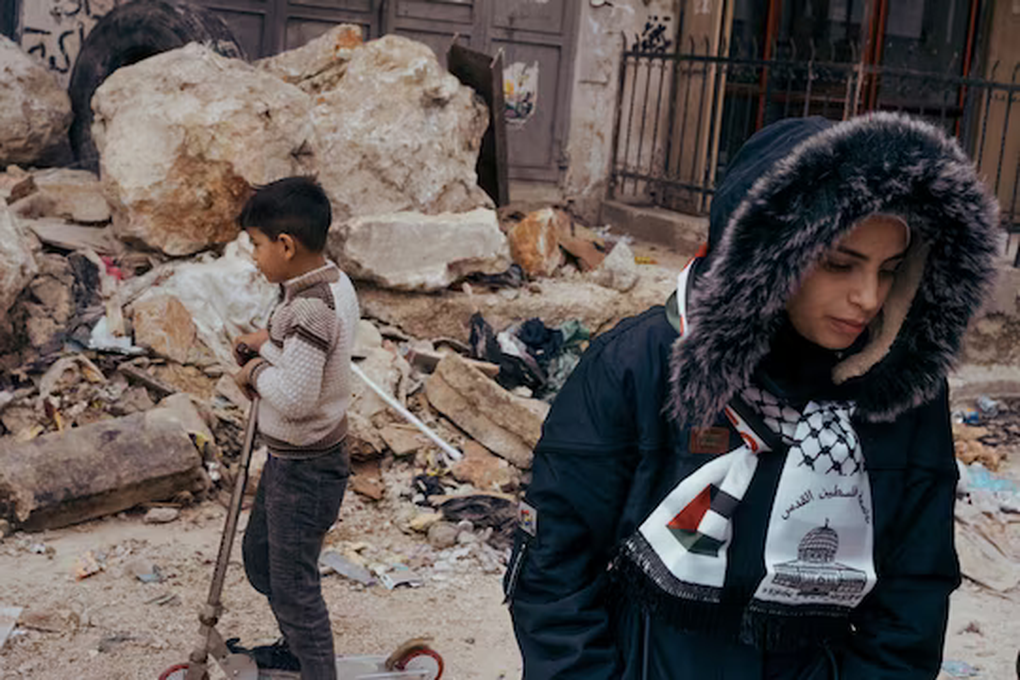
Aseel Al-Titi, 23, returns to Balata camp in Nablus on November 25 (Photo: Washington Post).
Back in Balata, the complete lack of contact with Al-Titi after October 7 had a similar effect on her mother, Khittam. She arrived early on November 24 in the city of Beitunia to await news of her daughter. She was so excited and anxious that she could barely stand still. On the morning of November 25, she said, she finally felt a little peace. “She’s back,” Khittam said.
However, in the streets behind the camp, people described the release of prisoners as just a momentary cloud clearing before the storm they predicted would surely return.
“It’s hard to feel joy or excitement,” said Emad, a barber. “In this camp, they arrest some people and release some people and then they arrest more. It’s a vicious circle.”
Nearby, an Israeli airstrike this month killed five Hamas members, and the shock of that rare attack still reverberates through the camp. The building where they were gathered was reduced to rubble.
Source






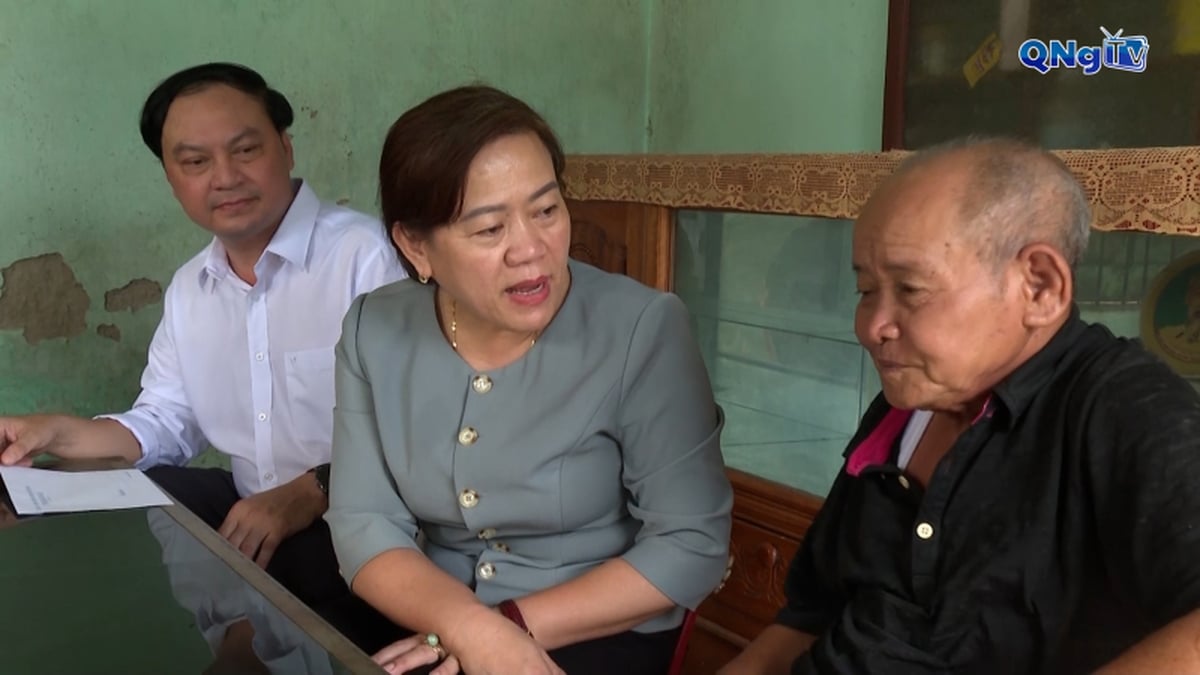

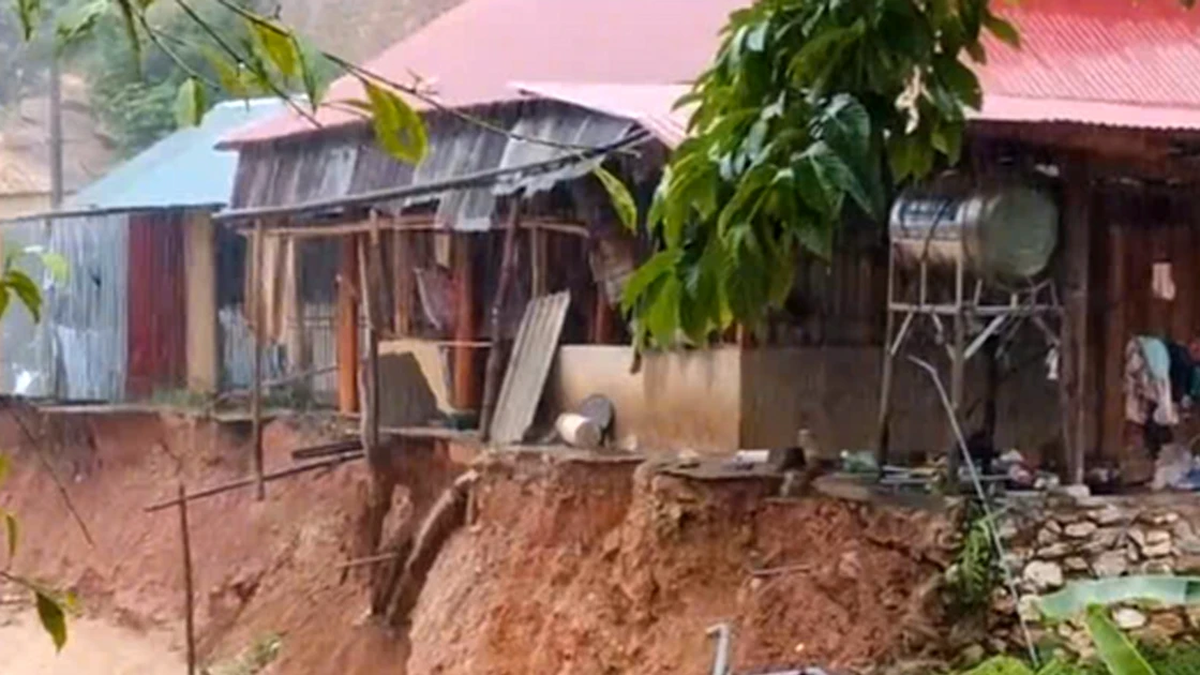























































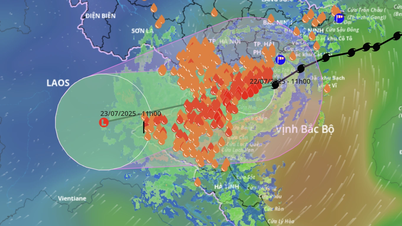
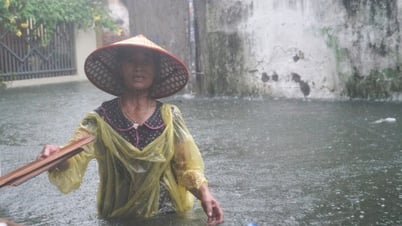
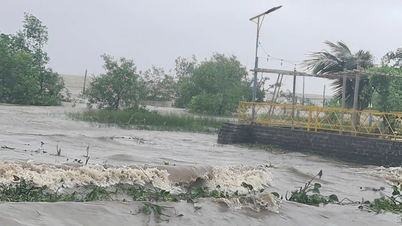



































Comment (0)